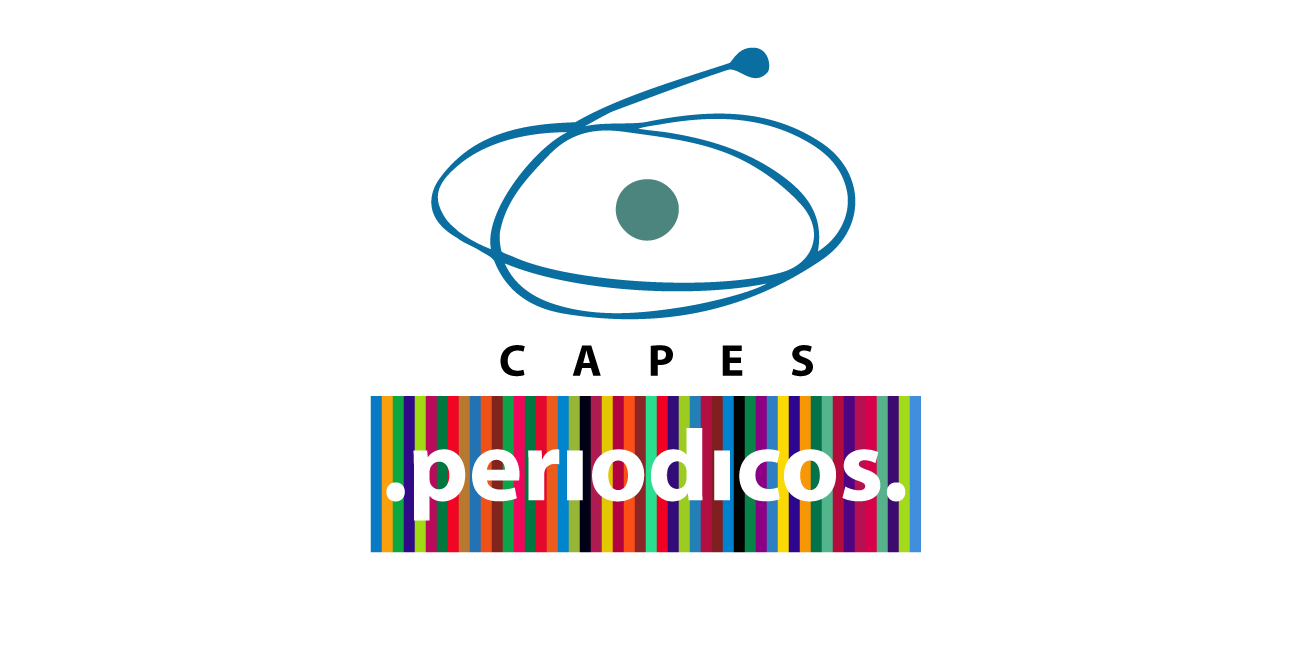THE STRATEGIC IMPORTANCE OF THE BRAZILIAN THIRD SECTOR AS A MEANS FOR SOCIAL DEVELOPMENT: A THEORETICAL ARGUMENTATION FROM GIDE´S SOCIAL ECONOMIC POINT OF VIEW
DOI:
https://doi.org/10.17765/2176-9184.2017v17n1p153-179Keywords:
Participatory democracy, Social economy, Civil society, Third sectorAbstract
A theoretical model that would foreground a debate on the strategic importance of the Third Sector in Brazil is provided and discussed. Foregrounded on the hypothesis-deduction method with argumentation based on Charles Gide´s doctrine and on the concepts of Political Economy, current essay establishes a connection between the bases of Social Economy and the Third Sector. In fact, the theme is largely unknown among social segments. Since market and State faults brought social emptiness, the emergence of the Third Sector was a response to organized civil society to establish new paradigms for the social process. Decrease in social inequalities, poverty and a greater participation of citizens in the social process are no longer merely problems of the State. The Third Sector is a strategic activity not merely to reveal the importance of voluntary activities but also a promising labor market in Brazil. Further, it is a means for cost reduction in public policies due to their closeness to civil society which allows a greater allocation of scanty public resources. The process would doubtlessly be followed by a harmonic effort of the legislation on the matter.References
ARON, Raymond. Dix-huit leçons sur la société industrielle. Paris: Galimard, 1962.
AUDIER, Serge. Le socialisme libéral. Paris: La Découverte, 2006.
BATIFOULIER, Philippe. L’économie sociale. Paris: Presses Universitaires de France, 1995.
BLUMER, H. Collective Behavior. Outline of the Principals of Sociology, New York, Barnes & Noble, 1939, p. 221-280.
BOUDON, Raymond. La logique du social. Paris: Hachette, 1983.
DONZELOT, Jacques. L’invention du social. Paris: Éditions du Seuil, 1994.
FITOUSSI, Jean-Paul; ROSANVALLON, Pierre. Le nouvel âge des inégalités. Paris: Éditions du Seuil, 1996.
GIDE, Charles. Principes d’Economie Politique. Paris: Recueil Sirey, 1913.
GOHN, Maria da Glória. O novo associativismo e o Terceiro Setor. Serviço Social e Sociedade, São Paulo, Cortez, ano XIX, n. 58, nov. 1998.
HIRST, Paul. From statism to Pluralism. Londres: UCL Press, 1997.
IBGE, GIFE, ABONG e IPEA. As Fundações Privadas e Associações sem Fins Lucrativos no Brasil 2010 (FASFIL 2010). Rio de Janeiro: IBGE, 2012.
PIRIOU, Jean-Paul. Lexique des sciences économiques et sociales. 4. ed. Paris: La Découverte, 2001.
RIFKIN, Jeremy. O fim dos empregos: o declínio inevitável dos níveis de empregos e a redução da força global de trabalho. São Paulo: Makron Books, 1995.
ROCHA, Sílvio Luís Ferreira da. Terceiro setor. 2. ed. São Paulo: Malheiros, 2006.
RODRIGUES, Maria Cecília Prates. Demandas sociais versus crise de financiamento: o papel do terceiro setor no Brasil. Revista de Administração Pública, Rio de Janeiro, v. 39, n. 5, p. 25-67, 1998.
RODRIGUES, Maria Cecília Prates. ONG tomou-se senha para acesso a verbas. Demandas sociais versus crise de financiamento: o papel do terceiro setor no Brasil. Revista de Administração Pública, Rio de Janeiro, v. 39, n. 5, 1998, p. 43.
ROSANVALLON, Pierre. La nouvelle question sociale. Paris: Éditions du Seuil, 1995.
SALAMON, Lester. A emergência do terceiro setor: uma revolução associativa global. Revista de Administração de Empresas da FGV, São Paulo, v. 33, p. 5-11, jan./mar. 1998.
SANTOS, Boaventura de Souza. A reinvenção solidária e participativa do Estado. In: Pereira, L. C. Bresser (Org.). Sociedade e Estado em transformação. São Paulo: UNESP, 2001.
STIGLITZ, Joseph. Globalization and the economic role of the state in the new millenium. Industrial and Corporate Change, New York, 12, 1, p. 03-26, 2003.
TOURAINE, Alan. Production de la société. Paris: Le Seuil, 1973.
WALRAS, Léon. Éléments d’économie politique. Paris: Librairie Général de Droit et de Jurisprudence, 1952.
WEBER, Max. Economie et société: l’organisation et les puissances de la société dans leurs rapports avec l’économie. Tradução de Julien Freund et alii. Paris: Plon, 1971.
Downloads
Published
How to Cite
Issue
Section
License
A Revista se reserva o direito de efetuar, nos originais, alterações de ordem normativa, ortográfica e gramatical, com o intuito de manter o padrão culto da língua, respeitando, porém, o estilo dos autores. As opiniões emitidas pelos autores são de sua exclusiva responsabilidade.
Os direitos autorais pertencem exclusivamente aos autores. Os direitos de licenciamento utilizado pelo periódico é a licença Commons Atribuição 4.0 Internacional. São permitidos o compartilhamento (cópia e distribuição do material em qualquer meio ou formato) e adaptação (remixar, transformar, e criar a partir do trabalho, mesmo para fins comerciais), desde que lhe atribuam o devido crédito pela criação original.
















